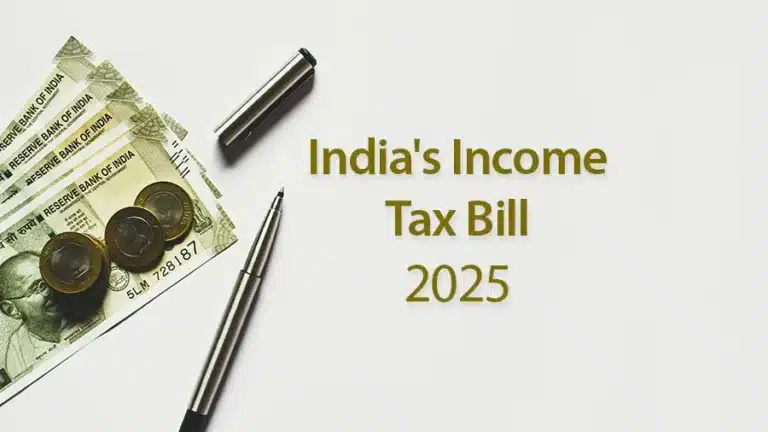Big Relief for NRIs: No Capital Gains Tax on Indian Mutual Funds
Non-Resident Indians (NRIs) from countries like the UAE, Bahrain, Qatar, Singapore, Mauritius, Hong Kong, Australia, the U.K., and others actively invest in Indian mutual funds to diversify their portfolios. India, being the fastest-growing major economy, continues to attract NRIs looking for better wealth creation opportunities.
Mutual funds remain a preferred investment option for NRIs due to their cost-effectiveness and diversification benefits across various categories. However, NRIs from the USA and Canada face additional compliance hurdles under FATCA (Foreign Account Tax Compliance Act), limiting their access to many Indian mutual fund schemes.
Taxation Has Always Been a Key Concern
For NRIs, tax implications play a crucial role when investing. Traditionally, the taxation on mutual funds in India has been:
- Equity-oriented mutual funds:
- Short-Term Capital Gains (STCG, less than 12 months): taxed at 20%.
- Long-Term Capital Gains (LTCG, over 12 months, above ₹1.25 lakh): taxed at 12.5%.
- Debt-oriented mutual funds:
- STCG (less than 36 months): taxed at the investor’s income tax slab rate.
- LTCG: taxed accordingly after considering indexation benefits.
Additionally, capital gains for NRIs have been subject to Tax Deduction at Source (TDS) — 20% for equity STCG, 12.5% for equity LTCG, and 30% for debt funds.
Despite expectations, the Union Budget 2025-26 did not introduce any changes to the capital gains tax framework.
Furthermore, dividends (under IDCW option) are taxed as per the individual’s income tax slab, with a TDS of 20% or as per the relevant DTAA (Double Taxation Avoidance Agreement) provisions.
Relief Under the DTAA
India has signed DTAAs with about 90 countries to prevent double taxation. Under these treaties, NRIs can claim tax benefits on their Indian income, including earnings from mutual fund units.
With DTAAs in place, many NRIs could potentially avoid capital gains tax on their mutual fund investments in India.
ITAT’s Game-Changing Ruling
The Mumbai Income Tax Appellate Tribunal (ITAT) recently ruled that NRIs’ capital gains from mutual funds will not be taxable in India, provided the DTAA conditions are met.
This landmark case involved Ms. Anushka Sanjay Shah, a Singapore-based NRI who earned ₹1.35 crore in short-term capital gains during FY 2022–23.
The Assessing Officer initially taxed her gains, equating mutual fund units with shares of Indian companies.
However, ITAT clarified:
- Mutual funds in India are trusts, not companies, under SEBI regulations.
- The term “shares” in the DTAA does not cover mutual fund units.
- Therefore, capital gains from mutual funds are not taxable in India under the India-Singapore DTAA.
Wider Impact for NRIs
This judgement could benefit NRIs from several countries with favorable DTAAs like Mauritius, Hong Kong, UAE, Portugal, Australia, France, UK, Germany, and more — boosting NRI inflows into Indian mutual funds and potentially elevating the industry’s Assets Under Management (AUM) significantly.
Important Tip for NRIs
To avail of DTAA benefits, ensure you obtain a valid Tax Residency Certificate (TRC) from your resident country. Note that the TRC under domestic law and the TRC for DTAA purposes are different.






